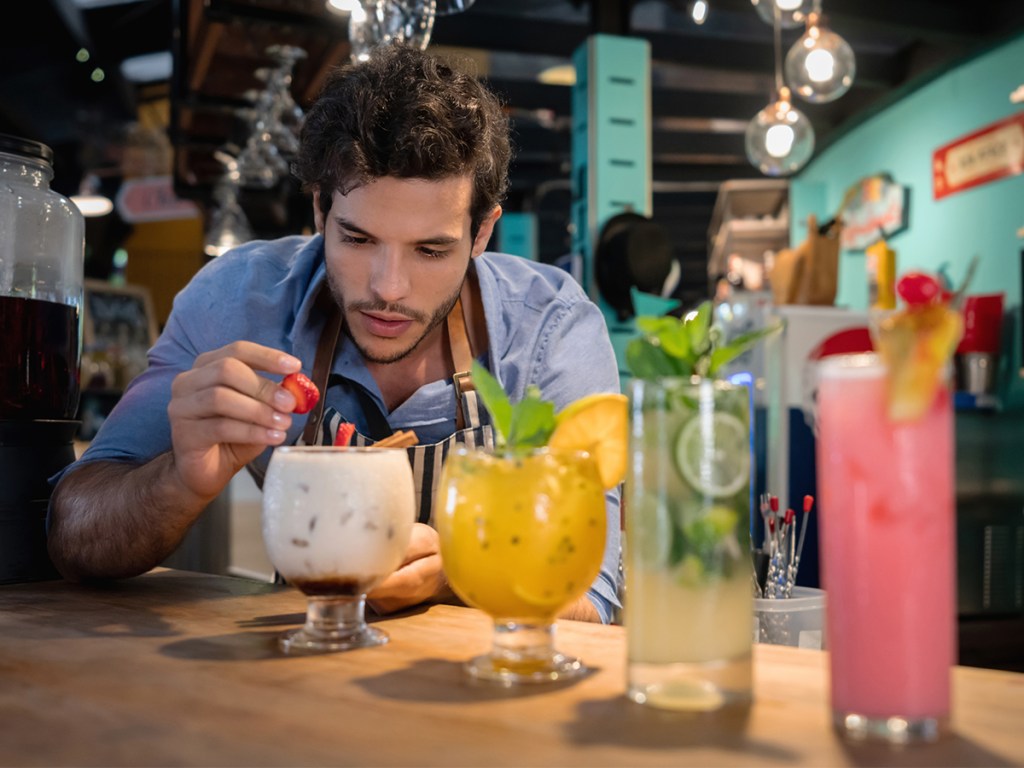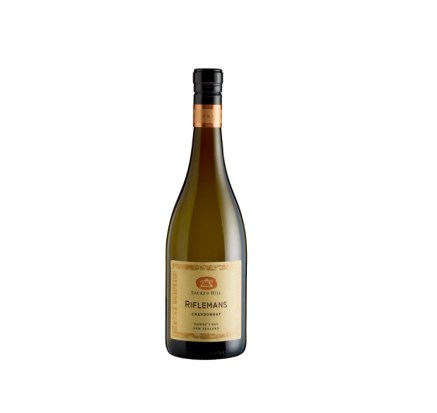A growing number of bars are investing in innovative techniques to save energy, reduce waste and make their ingredients go further, positioning eco-serves as a premium product, according to global liquor research analysts, IWSR.
As technology and scientific processes have advanced, allowing bars to lengthen the shelf life of ingredients, the most advanced establishments have shifted their focus from producing less waste, to using fewer resources in the first place.
And, proving that eco-friendly products and practices can be luxurious, IWSR says many of the world’s leading bars are using waste to create premium serves that push the boundaries of flavour innovation.
Some examples include:
Second life ingredients
The natural process of fermentation can give a second life to ingredients that may otherwise have been discarded – including leftover fruit – extending their shelf-life, and crucially, transforming their flavour.
In Singapore, Native opened as a bar in 2017 with a focus on Singapore-grown ingredients. Native focuses on circularity, where waste ingredients are either transformed into new ones, or are used as compost to grow its own ingredients. For example, the bar uses fermented ingredients instead of citrus to add sour notes to its drinks. Its lychee wine is fermented with saison yeast, stirred for 10 days, then centrifuged and rested. Meanwhile, leftover pineapple skin from its Pineapple Arrack cocktail is blended with koji and left to ferment for a month, and used to make pineapple shoyu.
Zero waste
IWSR says bars are also collaborating with other local businesses to make use of waste ingredients such as leftover coffee beans or grounds, or bread and cacao.
There is a growing trend for adding an in-house restaurant or partnering with a local eatery in order to create a symbiotic ecosystem, whereby each use products generated by or left over from the other.
Re, an Australian bar that opened in Sydney in April 2021, claims to be the world’s first permanent zero-waste bar. It operates under the motto ‘Waste nothing, taste everything’. Under its new initiative, ‘Never Wasted’, the bar collects food waste from eight other bars and suppliers in Sydney, which are then repurposed into cocktail ingredients, alongside fruit and vegetables from Sydney markets that are not visually appealing. The goal is to create a network that allows hospitality venues to share waste and by-products that other venues can make use of.
Locally-sourced alternative ingredients
A number of bars are using locally-sourced alternative ingredients to recreate the flavour components used in classic serves, such as commonly used citrus like lemon.
IWSR says Himkok bar, in Oslo, for example, is almost self-sufficient when it comes to its drinks range, and produces 80% of its spirits in-house, using local ingredients and botanicals, and renewable hydro-generated energy.
Distilling its own spirits, brewing its own beer, and fermenting its own wine, mead and kefir, the bar says it is inspired by what’s available, “allowing us to explore different aspects of Norwegian culture and showcasing true Norwegian flavours”.
Single producers and local sourcing
Beyond the ingredients themselves, IWSR says many sustainable bars are also looking more deeply into the everyday sustainable practices that their suppliers use, electing to only work with those that align with their values.
London’s Tayēr + Elementary, for example, have chosen not to work with suppliers that use single-use packaging.
For more from IWSR, click here.
How to catch up with The Shout NZ…
Online, updated daily with its own unique content and breaking news.
Our weekly newsletter – free to your inbox! Subscribe here.
We are also on Facebook, Instagram and LinkedIn!



